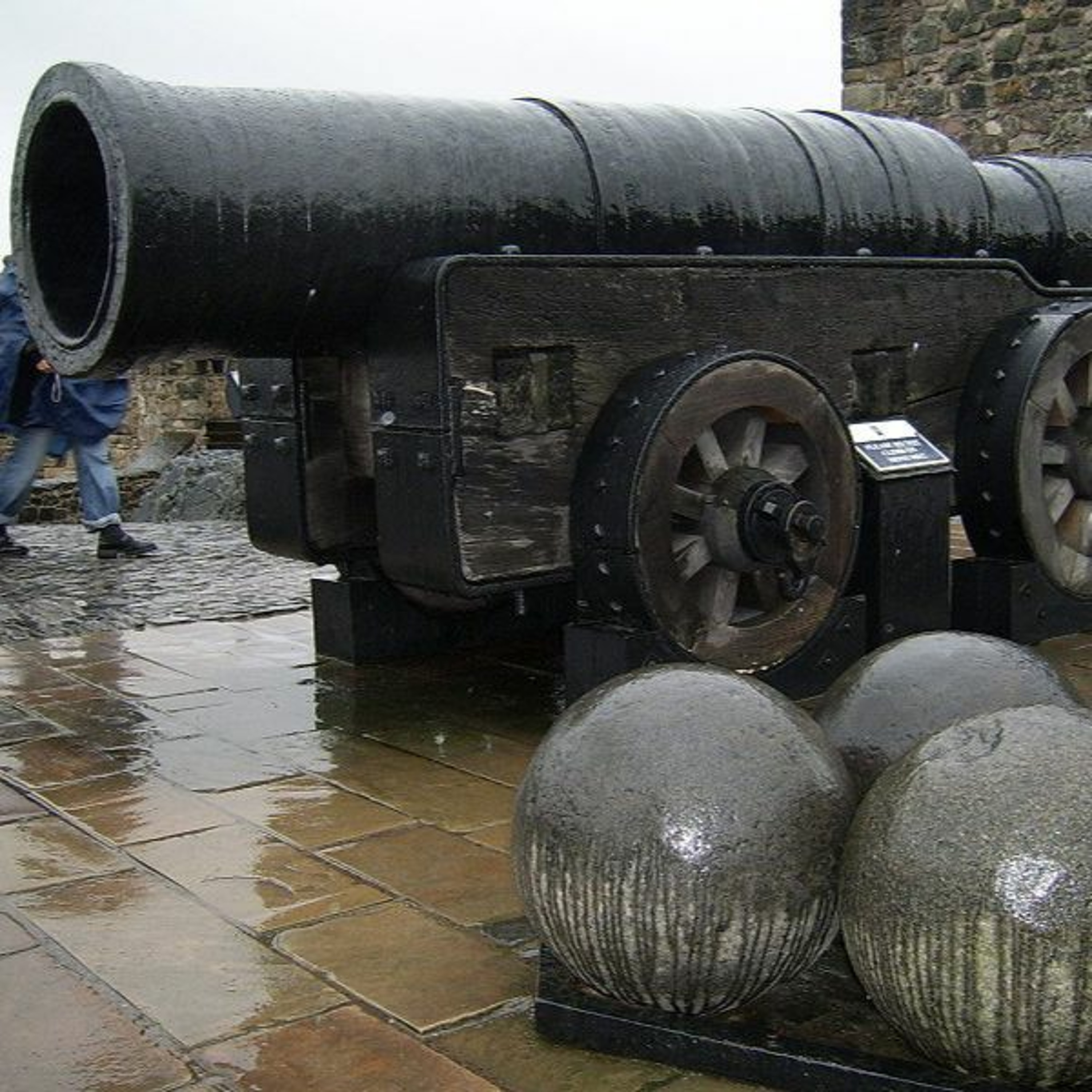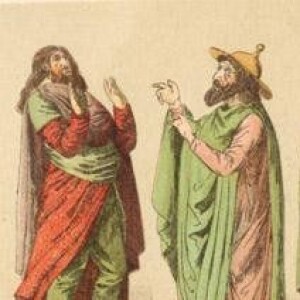
The Print and Gunpowder Revolutions, 1300-1700
 2018-01-23
2018-01-23
Download
Right click and do "save link as"
The early modern era – from the 1400s through the 1700s – is the monarchical age par excellence, with royal courts presiding over consolidated realms and monstrous armies capable of crushing smaller neighbors and internal rivals. The map of Europe transformed, and the reasons were, firstly, technological: the printing press broke through previous barriers to the creation of texts, allowing for the rapid spread of new ideas and propaganda, while new infantry tactics and gunpowder allowed royal governments to batter down the power of mounted knights and castles. Society became ever more centered on royal power and patronage, leaving behind a vestigial nobility to seek out a new role in the world or give way to nostalgia, as dramatized in the first great psychological novel, Don Quixote. We conclude by considering Cervantes’ novel as a touchstone of the shift from the medieval world, where reality is defined by social relationships, to the modern, where reality is defined by the senses.
Please contribute what you can in the spirit of knowledge and inquiry! -- www.patreon.com/user?u=5530632
view more
More Episodes
1066: Sailing Into the Storm
 2021-07-13
2021-07-13
 2021-07-13
2021-07-13
Myth of the Month 17: Anglo-Saxonism
 2021-06-27
2021-06-27
 2021-06-27
2021-06-27
History of the British and Irish Travellers
 2021-06-15
2021-06-15
 2021-06-15
2021-06-15
The Sabbatai Zevi Messianic Movement
 2021-02-14
2021-02-14
 2021-02-14
2021-02-14
012345678910111213141516171819
Create your
podcast in
minutes
- Full-featured podcast site
- Unlimited storage and bandwidth
- Comprehensive podcast stats
- Distribute to Apple Podcasts, Spotify, and more
- Make money with your podcast
It is Free
- Privacy Policy
- Cookie Policy
- Terms of Use
- Consent Preferences
- Copyright © 2015-2024 Podbean.com





